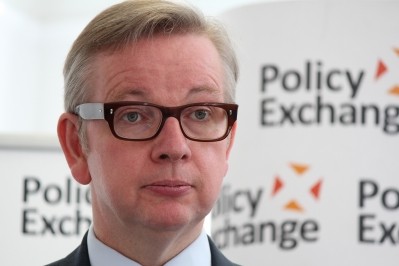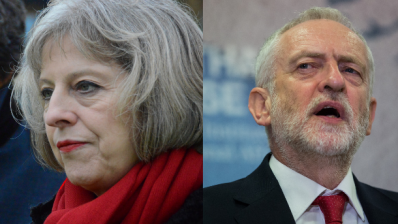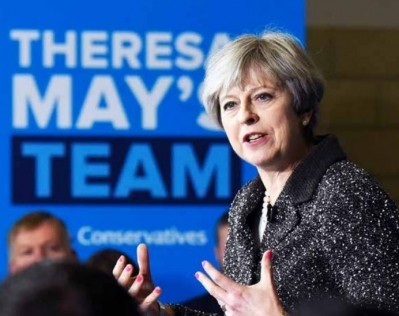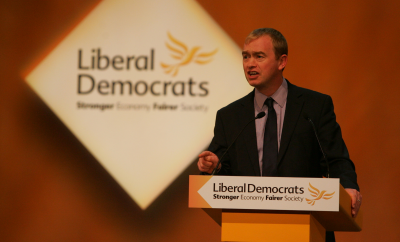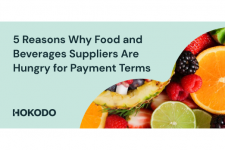Election exclusive
What a Lib Dem victory would mean for food manufacturing
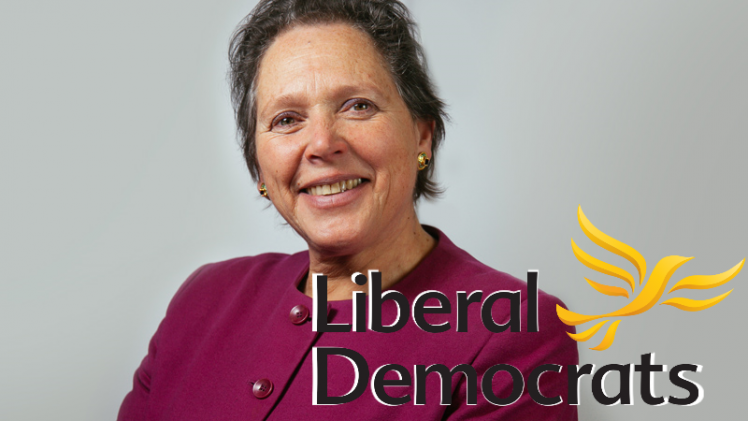
It’s also tied up with the world’s sense of us. No one in the world is in doubt where whisky or shortbread comes from. British food and drink is an export success story that has few rivals – exports from food and non-alcoholic drinks have doubled over the past 10 years.
That’s why this General Election is more relevant to those involved in this industry than perhaps any other election in our lifetime. The implications of a hard Brexit, taking us out of the single market, mean risking higher prices, job losses and a decline in the quality of goods. That’s why Liberal Democrats are strongly opposed to the Conservative’s hard and divisive Brexit plans.
The food and drink industry is of huge economic importance, employing 850,000 people and contributing £26.9bn to the British economy each year. The role of the EU in this is critical. Two-thirds of our exports go to EU countries. The majority of the rest is through countries with which the EU has a free-trade agreement: 94% of exports and 97% of imports of food and non-alcoholic drink are with the EU or with a country with which the EU has or is currently negotiating a trade deal.
‘Committed to a deal that keeps us in the single market’
Then, there is the issue of tariffs. The Liberal Democrats are absolutely committed to a deal that keeps us in the single market. If we leave, we will need to strike a deal, not just with the EU but with all the other countries with which we currently have free-trade deals. Quite aside from whether we could get a better deal if we renegotiated them all – we think not, but recognise that others feel differently – such deals are phenomenally complex.
There are an estimated 13,000 potential tariff combinations on biscuits and confectionery alone – and even a single tariff can have a wrecking effect on a food made here but sold predominantly abroad.
Election 2017
FoodManufacture.co.uk has invited both the Conservative Party and the Labour Party to explain how their policies would affect Britain’s largest manufacturing sector: food and and drink manufacturing. If you would like FoodManufacture.co.uk to ask the major parties an industry-related question on your behalf, please post your query here.
EU regulations impact on every aspect of UK food production: from the chemicals and pesticides that are used in agriculture through to the packaging that the final products are sold in. Britain will not necessarily need to maintain all these regulations when we leave the EU, and striking free-trade deals will raise the possibility of further watering down of quality.
‘Could undercut British manufacturers’
This means that manufacturers with cheaper labour and larger production could undercut British manufacturers because they won’t have to clear high barriers around quality.
In the run-up to a General Election the key question is what would make you, the reader, vote Liberal Democrat? Here are three key reasons:
- We’re committed to staying in the single market and in doing so protecting the British food and drink manufacturing industry and its tariff-free exports to our biggest markets in the EU.
- We believe that the British people should have a vote on the final deal as it is the only democratic way to ensure that people get a choice on the issues that matter to them.
- We will oppose any future free-trade agreements that threaten to undermine the British food and drink industry and fail to maintain high standards of quality for food and drink.
The British food manufacturing industry is one of the true jewels in our economic crown. The millions who depend on it should elect a party that recognises its importance and will work in its interests. That party is the Liberal Democrats.
Baroness Susan Kramer, Liberal Democrat shadow business secretary
Born in 1950, Susan Kramer was educated at St Paul’s Girls’ School and St Hilda’s College, Oxford University, where she read politics, philosophy and economics. From 1973 to 1993 Kramer lived in the US, mainly in Springfield and Chicago, Illinois. She began her career in banking in 1982 at Continental Illinois Bank, then the world’s largest commercial lender. Kramer was a vice-president at Citicorp in Chicago, working with large national and multi-national companies.
In 2000 Susan was the Liberal Democrat candidate for Mayor of London. In 2005 she was elected MP for her constituency of Richmond Park, losing the seat in 2010. During her time in the Commons she was in turn a member of the Treasury Select Committee, Liberal Democrat spokesperson for International Development, then Trade & Industry, next Transport, followed by the Duchy of Lancaster and lastly for Heathrow.
Kramer was introduced into the House of Lords in 2011 focusing on finance and business issues including her long-standing interest in developing a framework for community banks.
She was appointed as minister of state for transport in October 2013 and the party spokesperson for economics in 2015.
